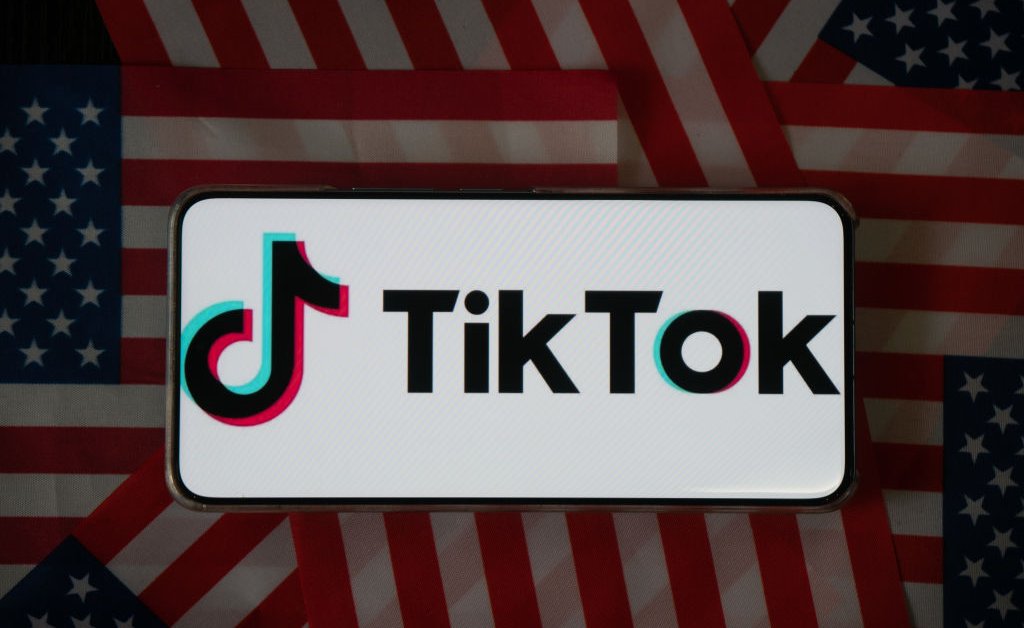The fate of TikTok in the United States is currently in the hands of the Supreme Court, as oral arguments were heard on Friday regarding a law that could potentially force the popular social media platform to sell to a U.S. company or face a ban in the country. The legislation was passed by Congress and signed into federal law in April 2024, setting a deadline of January 19 for TikTok’s sale due to national security concerns over the app’s foreign ownership and potential influence over American users. With over 170 million users in the U.S., TikTok has become a cultural juggernaut, impacting everything from political discourse to entertainment trends.
The government argues that TikTok, owned by the Chinese company ByteDance, poses a national security risk, particularly in terms of potential Chinese influence on the platform’s algorithms and access to sensitive data. The Supreme Court has agreed to expedite the case, but it remains uncertain when a decision might be reached. Legal experts note the complexity of the case, as it involves balancing the government’s national security concerns against the First Amendment rights of millions of Americans who use TikTok for self-expression, sharing information, and engaging in political discourse.
The Biden Administration is defending the law by asserting that the government has the constitutional authority to regulate foreign-owned entities that could pose a threat to national security. The Administration argues that TikTok’s Chinese ownership creates a potential gateway for the Chinese government to access significant amounts of data on American citizens, potentially using the platform for covert influence. The outcome of the Supreme Court case will have significant implications for the regulation of social media platforms and the protection of national security interests.
If the Court upholds the law, it is likely to do so on relatively narrow grounds, according to legal experts. The decision may not provide broader insights into social media regulation but will address the specific issues surrounding TikTok’s ownership and potential risks to national security. Regardless of the outcome, the case underscores the ongoing debate over the balance between national security concerns and individual rights, particularly in the digital age where social media platforms play a significant role in shaping public discourse and information sharing.
Overall, the Supreme Court’s decision on the fate of TikTok in the United States will have far-reaching consequences for the regulation of social media platforms, national security considerations, and the protection of individual rights. The case highlights the complexities of balancing these competing interests and underscores the need for thoughtful and nuanced approaches to addressing the challenges posed by foreign-owned entities in the digital landscape.









